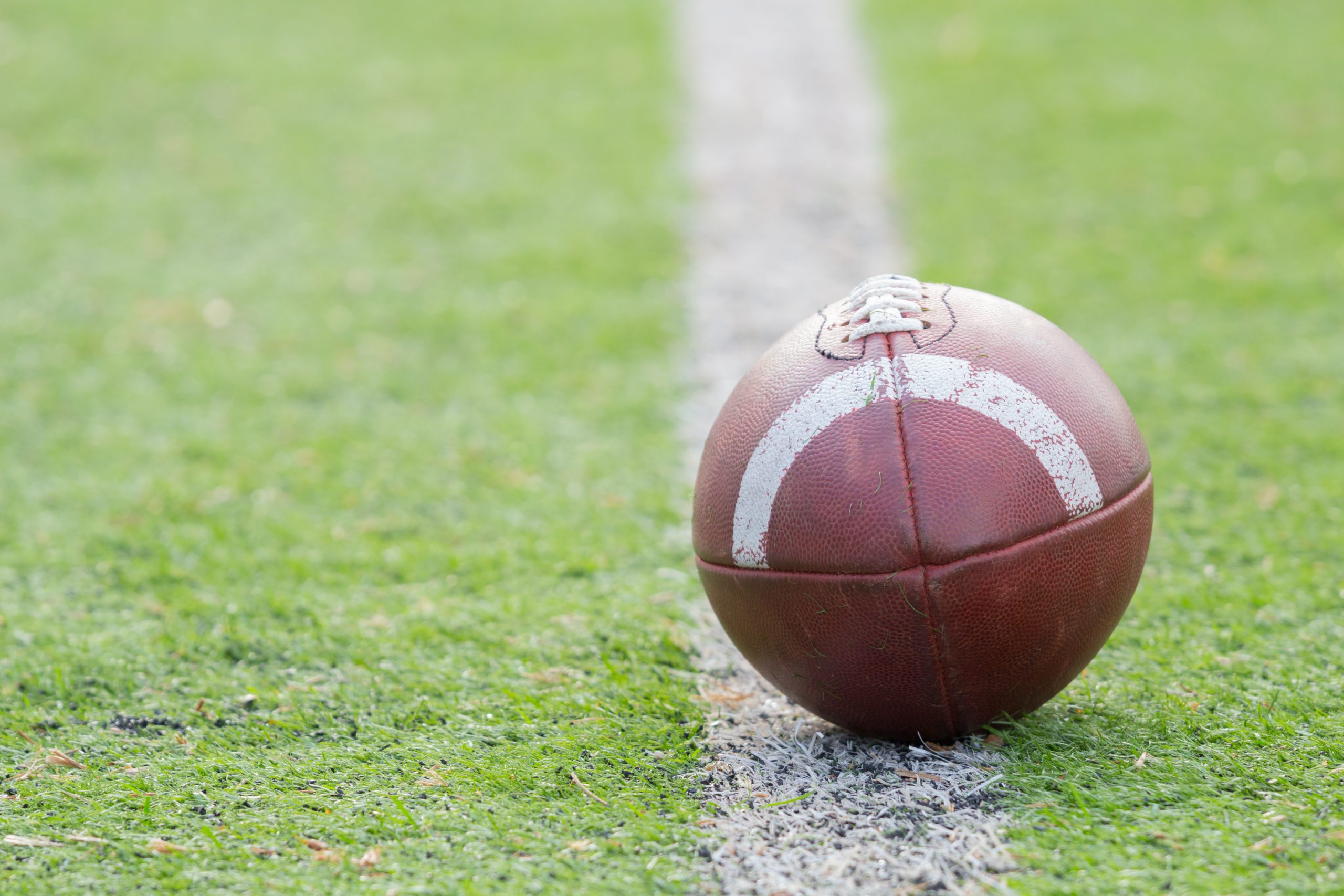Those of us over the age of 30 know the San Francisco 49er franchise as one of the most successful in the history of the NFL. Only the Pittsburgh Steelers have won more Super Bowls than the 49ers five. Names like Bill Walsh, Jerry Rice, Joe Montana, Ronnie Lott and Steve Young are just a sampling of the NFL legends that called San Francisco home. An entire generation of offensive philosophy was born there. But they were not always at the center of the NFL universe. They, like the Seahawks, had to endure an extended stretch without a ring before breaking through for their first. It took a home game against their most bitter rival to do it; a game that ranks among the best in NFL history.
Every person that watched that game remembers where they were when it ended. The Seattle and San Francisco teams that clash this Sunday for an NFC Conference Title are alike in so many ways. The Seahawks are looking to add one more similarity to that list.
Seattle was just a toddler franchise, all of five years old, when the 49ers won their first Super Bowl in 1981. San Francisco had been around as a franchise since 1946. Their .489 winning percentage in the first 35 years is very close to the .483 mark that the Seahawks posted in the 37 years preceding this current season. The 49ers had never made a Super Bowl up until their 36th season, having lost to the Dallas Cowboys in the playoffs three straight years from 1970-1972.
The 13-3 record the team finished with was the best record in team history to that point. They, like the Seahawks, were experiencing remarkable success under a relatively new head coach. It was Walsh’s third season, where this is Pete Carroll’s fourth. Of course, Carroll–and the last coach to lead the Seahawks to a #1 seed and conference championship game–traces his coaching lineage to Walsh. That 1981 team also featured a young quarterback, Montana, who was in his third season and first full year as a starter. The secondary had top young talent in Ronnie Lott, Eric Wright and Dwight Hicks. Back then, Lott was a cornerback, and a damn big one.
Most people hear Montana and think unbeatable offense. In that first Super Bowl run, it was the defense that led the way. San Francisco ranked 7th in points scored and 2nd in points allowed.
The conference championship against the Cowboys was the second meeting of the season between the two teams. San Francisco had throttled Dallas early in the year by a score of 45-14 in Candlestick Park. This game followed a different script.
Montana helped the 49ers to an early 7-0 lead on a touchdown pass to Freddie Solomon, but Dallas quickly stormed back to take a 10-7 lead after the first quarter. From that point on, neither team led by more than four points until a Danny White touchdown pass to Doug Crosbie put the Cowboys up 27-21. San Francisco took the ball with 4:54 left to play and marched the length of the field from their 11-yard line all the way to the Dallas six. It was 3rd and 3 with 58 seconds left to play when Montana rolled out to his right and pumped the ball as his primary option was well covered. Just before reaching the sideline, he floated a pass toward the back of the end zone that Dwight Clark snagged with his fingertips for a touchdown. The Catch was born.
Lesser known was that the 49ers defense still had to hold the Cowboys with about 50 seconds to play. Wright made a game-saving tackle of Drew Pearson before Lawrence Pillers strip-sacked White to end the game.
The following season was lost to a strike, but if you take that away, the 49ers went 17 straight seasons from 1981-1998 winning at least 10 games. They won all five of their Super Bowls during that time, made the playoffs in 16 of the 17 years, and featured four NFL MVPs (two each by Montana and Young).
They were no longer the win-nothing 49ers. They won everything. Other franchises rushed to emulate them. Their assistant coaches scattered across the NFL as they were in such high demand, carrying with them core philosophies first learned under Walsh.
It is not unusual to be without a Super Bowl ring. Only 18 teams have ended their season with ultimate victory. Over half of the winners have come from five franchises (Pittsburgh, San Francisco, Dallas, Green Bay, New York Giants). Seattle enters this game with no championship history, but young talent that resembles that 1981 49er squad, a defense-led team, and a coach that has experienced how Super Bowl-winning football is played. San Francisco fans are quite fond of their history, and for good reason. They might not be happy on Sunday if the best moment in their history repeats itself.

